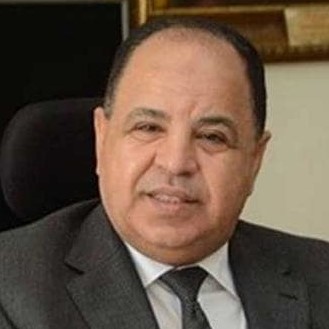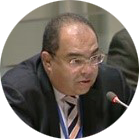03 June 2022; 10:00 AM – 12 PM
Venue: Tonino Lamborghini International Convention Center Sharm El Sheikh (Sinai Hall)
OVERVIEW:
The pandemic has had a significant impact on the worldwide economy, especially nations that are already under heavy debt burdens or subject to debt vulnerabilities. The situation was further aggravated with the outbreak of the large-scale conflict in Ukraine, shaking the global economy and increasing uncertainty. There is an urgent need for resilient recovery with the ultimate aim of achieving sustainability. The financial system must be strengthened to support in meeting the SDGs by 2030. Among the key elements to mobilizing the financing needed for a more sustainable and resilient future in Egypt and beyond include:
- Reprioritizing spending towards development goals with more SDG aligned national planning, spending and implementation.
- Reinforcing the recent path of fiscal consolidation and reducing reliance on foreign borrowing and volatile external inflows, while providing the fiscal space for the private sector to grow.
- Maintaining the ongoing reforms to the public financial management system.
- Optimizing the use of all existing financing flows (e.g. Official Development Assistance, South-South cooperation, Climate financing, Civil Society Spending, etc.)
KEY ISSUES TO BE ADDRESSED:
- How can we best align financing to the SDGs and development priorities? How can we leverage innovative financing channels to support achieving the SDGs?
- What are Integrated National Financing Frameworks? Why have INFFs grown in importance during the ear of post-pandemic recovery, especially for Middle-Income countries?
- At a time of global inflationary pressures, how to best scale up access to affordable finance for developing countries?
- What innovative debt management instruments can be used to ensure sustainable debt management and debt architecture?
- What is “impact investing”? and does it serve achieving the SDGs? What is its global landscape at the moment? (with a focus on IsDB member countries)
- How can partnerships and collective action be leveraged towards promoting the necessary tax reforms for financing the SDGs?







